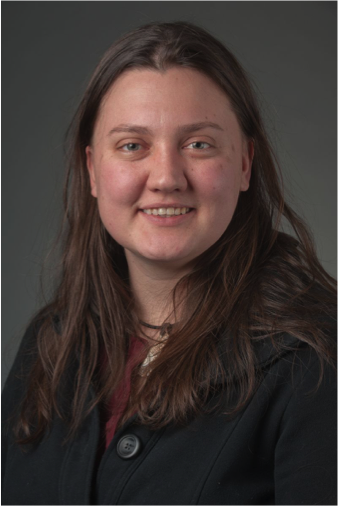The first Cambridge Entomological Club meeting of the 2015-16 year will be held on Tuesday October 13 at 07:30 PM. Please join them in in room 101 of the Museum of Comparative Zoology, as Sandra Rehan will present a talk entitled “Comparative biology of Ceratina small carpenter bees: What early insect societies can tell us about the evolution of sociality”.
The small carpenter bees, genus Ceratina, offer important insights into the early stages of social group formation. Small carpenter bees provide a unique opportunity to study the evolution and maintenance of social behavior in a group benefitting from detailed life history studies and a well-established phylogeny. Ceratina are globally-distributed and species range from solitary to complex societies; solitary species are typically found in temperate environments and social groups are recurrent in tropical regions. Sandra’s data highlights the importance of molecular phylogeny and historical biogeography for understanding the relative roles of phylogenetic inertia and regional ecology on the evolution of social behavior. Moreover, maternal care is a key precursor for the evolution of eusociality. Maternal investment is often determined, in part, by the quality and quantity of food provided to the offspring. Such maternal manipulation of nutrients, during development in particular, can influence the activation of hormones, nutrient storage, and social interactions of offspring once development is complete. The small carpenter bee, Ceratina calcarata, is native to New England and this species is of special interest because of its prolonged maternal care and mothers who produce a special class of small daughters that help raise their siblings. Sandra examines nutritional, developmental and behavioral variation among offspring to determine the role of maternal manipulation and social environment on offspring care and worker behavior in incipient insect societies.
The meeting is free and open to the public. Snacks will be provided and you are also welcome to join them at 5:45 PM for an informal pre-meeting dinner at West Side Lounge Restaurant.



